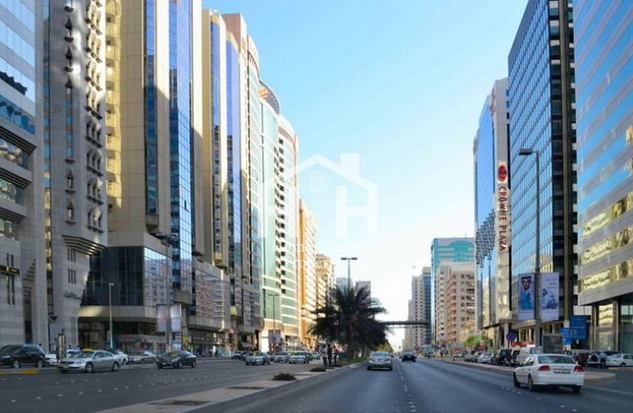In one of the more bizarre tales of tech tracking and international travel, British YouTuber Miles Routledge, better known online as Lord Miles, has finally recovered a pair of stolen AirPods, a full year after losing them in a Dubai hotel.
The 24-year-old content creator, who’s known for his offbeat adventures, announced on social media that he had travelled to Pakistan to reclaim the missing earbuds, which he first misplaced during a 2023 stay in Dubai.
From Dubai to Jhelum
It all started when Routledge took to social media to share his frustrating experience; his AirPods were stolen while he was waiting for a visa in Dubai. According to him, the earbuds vanished shortly after housekeeping staff entered his hotel room. Using Apple’s “Find My” app, he began tracking the missing device, which eventually led him to a rather unexpected location: near the “2nd Wife Restaurant” in Jhelum, Pakistan.
“They got stolen from my hotel in Dubai and made their way to Pakistan,” he posted on social media.
“I enabled Lost Mode and kept playing the ‘Find Me’ sound whenever they were in use. I’m going to get a police officer, storm the area, get back my AirPods, and film it all.”
Police Get Involved
After his post went viral, Pakistan’s Jhelum Police took notice. A team was assembled to trace the AirPods, eventually leading to a local man who admitted to having them, but claimed he bought the device in Dubai, unaware they were stolen.
Routledge eventually landed in Pakistan and worked with local authorities to retrieve the AirPods. “An announcement from the Pakistan Jhelum Police Chief, the Inspector General and Lord Miles regarding the stolen AirPods. I have my AirPods back after 1 year,” he wrote on X (formerly Twitter), alongside photos of the retrieval.
Social Media Buzz
The saga has captivated social media users across platforms, with many amused by the lengths the YouTuber went to recover a gadget that retails for less than Dh1,000. Still, for Routledge, it was about the principle more than the price tag.
Routledge thanked the local police for their efforts. He was also treated to lunch at a restaurant, where he was surrounded by media. “There were 20 cameramen and journalists from every Pakistani news channel, turns out this is a national news story. I’ve been recognised several times by strangers,” he wrote in another tweet.
(Inputs: NDTV, HT)

 Entertainment4 months ago
Entertainment4 months ago
 Entertainment4 months ago
Entertainment4 months ago
 Entertainment4 months ago
Entertainment4 months ago

















